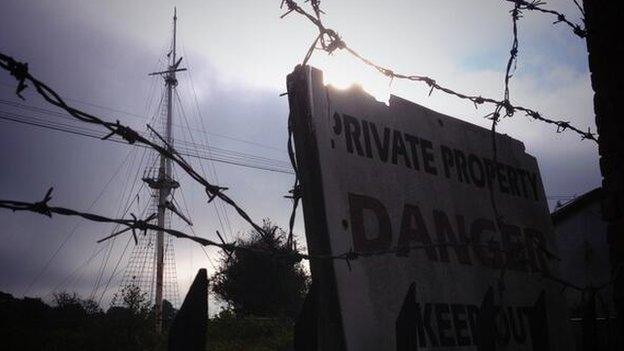Housing: '62,000 homes needed in Suffolk'
- Published
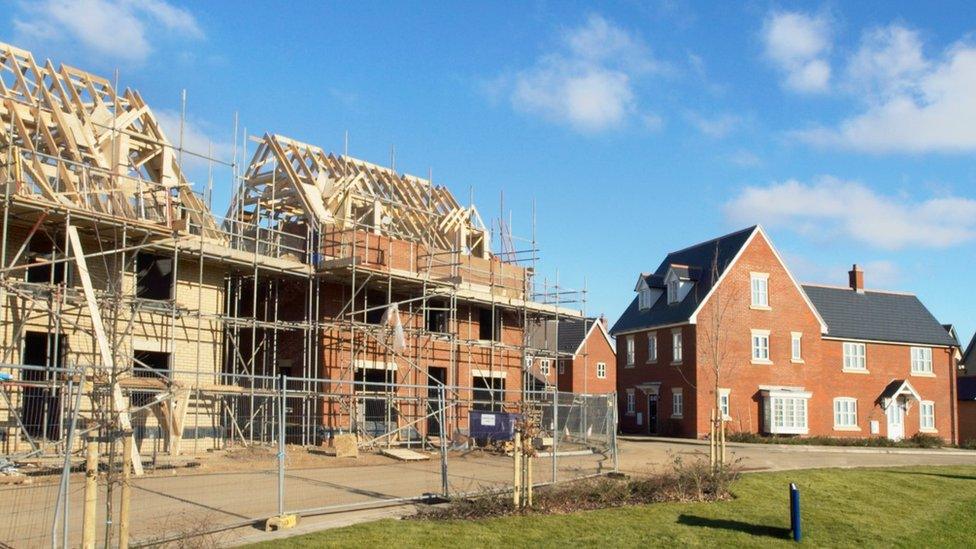
The Ravenswood estate in east Ipswich was built on the former airport site in the 2000s to meet growing housing need
More than 62,000 new homes will be needed in Suffolk in the next 20 years just in order to keep up with demand, according to a new study.
The State of Suffolk 2019 report, external has been published this week.
It assesses housing types, population figures, transport, employment, education, health and facilities across the county.
Data for housing revealed that in the next two decades 3,100 homes a year would be needed to meet current demand.
Mid Suffolk is expected to see the most growth, with a need for 11,460 homes, the Local Democracy Reporting Service said.
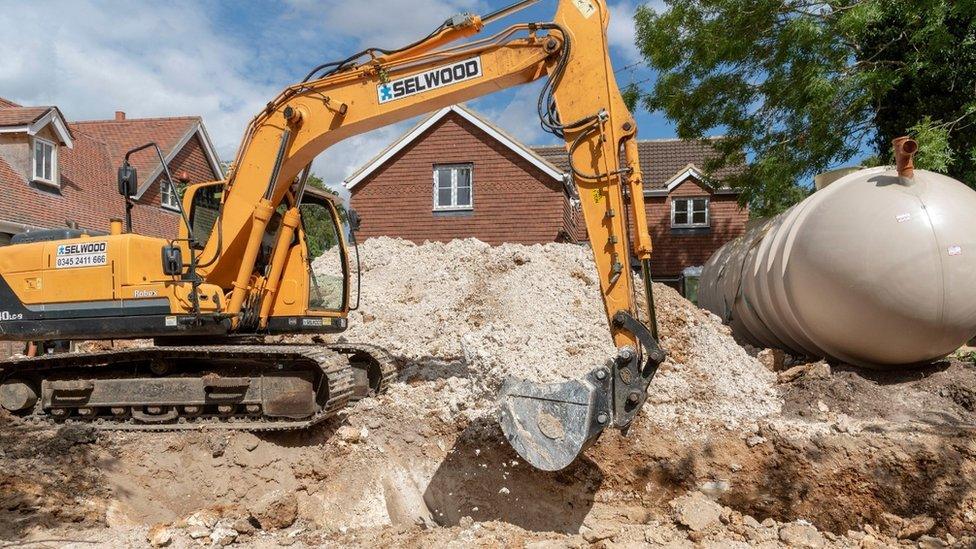
District councils across Suffolk are in the process of drawing up local plans which will decide where new homes can be built
The report, external, produced by public health body Healthy Suffolk, also predicts more homes will be needed to cater for an ageing population.
"An additional 9,713 age-exclusive homes, 15,213 specialist homes and 6,624 care beds will be required in Suffolk by 2035," said the report.
You may also be interested in:
The five district and borough councils across Suffolk, which have responsibility for housing, are in the process of drawing up local plans which will inform where the suitable areas for new homes are.
The Suffolk Preservation Society, external (SPS), which works to protect agricultural and greenfield land from development when brownfield (ex-industrial) sites are available, said local plans and parish council-led neighbourhood plans are needed to ensure building is sensitive to local needs.
Fiona Cairns, SPS director, said: "We should definitely be looking to build [on] brownfield [sites] first.
"We know that's far from easy to get developers to build where we want and I don't think there is a silver bullet to that.
"There's been deregulation of planning [from central government] and developers have definitely had the upper hand."
- Published3 April 2019
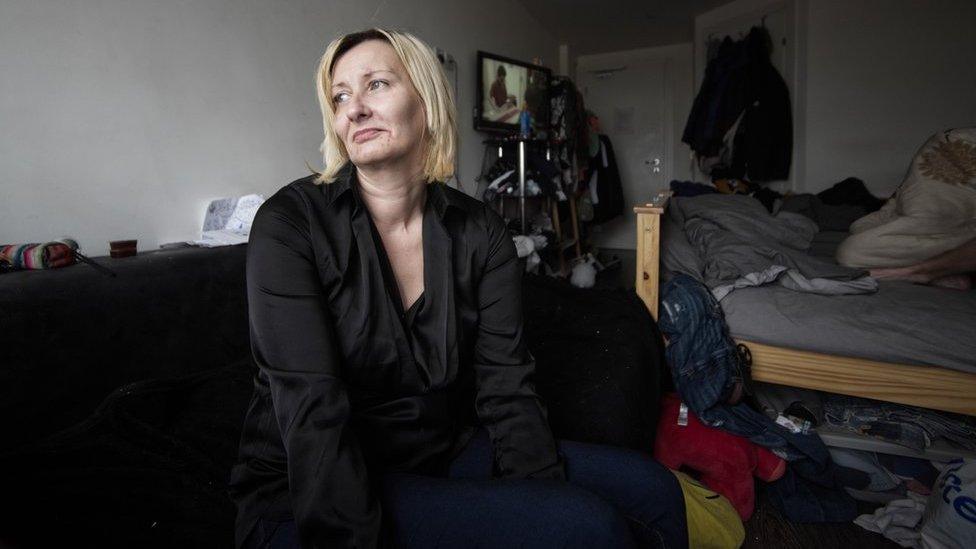
- Published8 January 2019
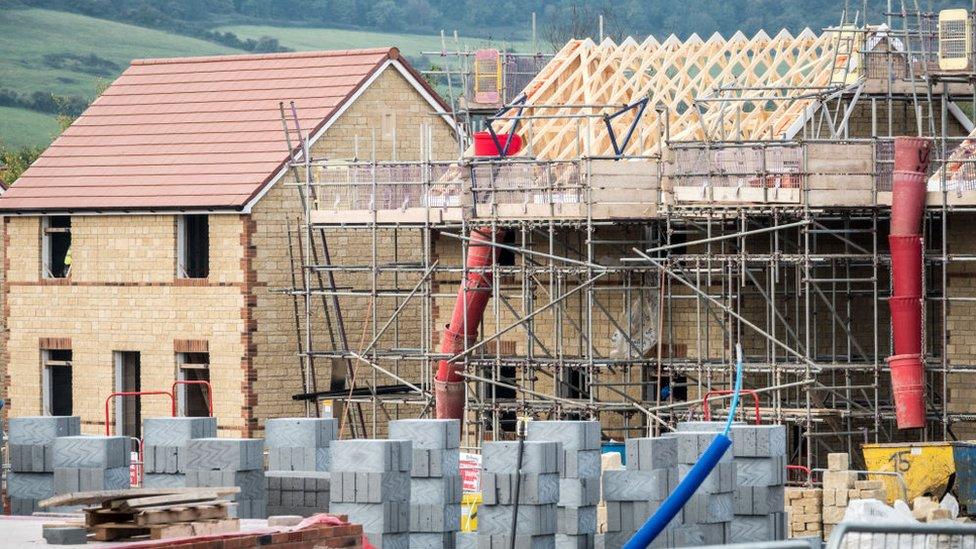
- Published13 December 2018
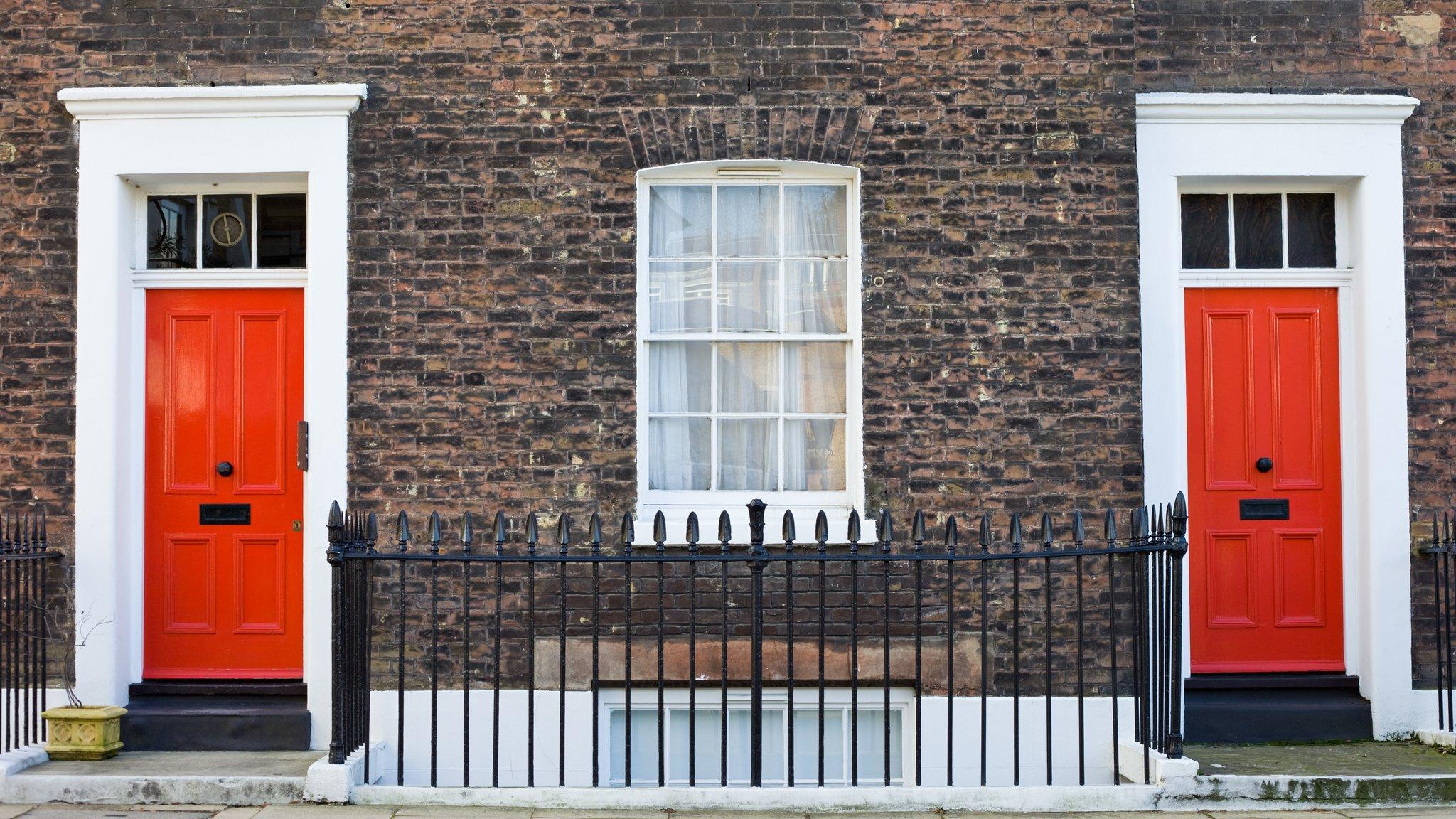
- Published22 November 2018
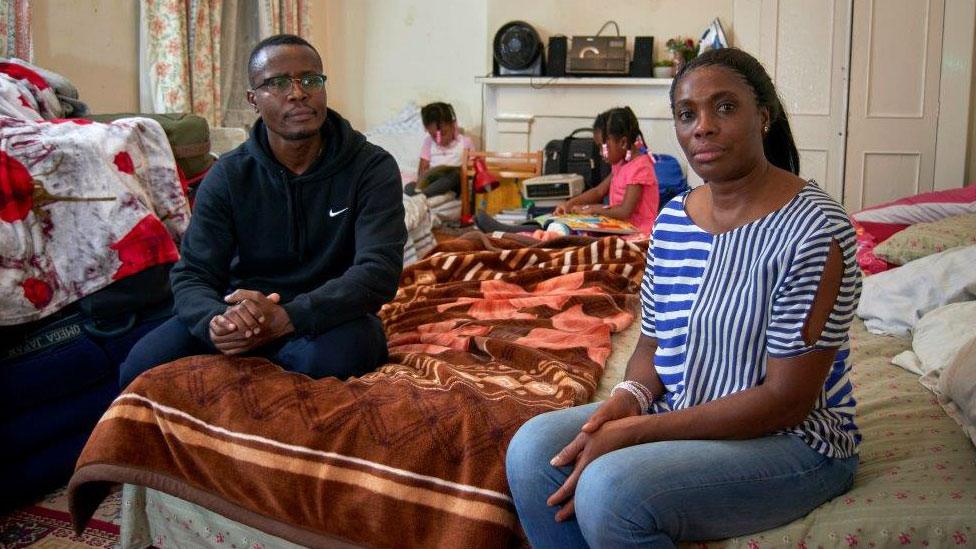
- Published27 November 2013
